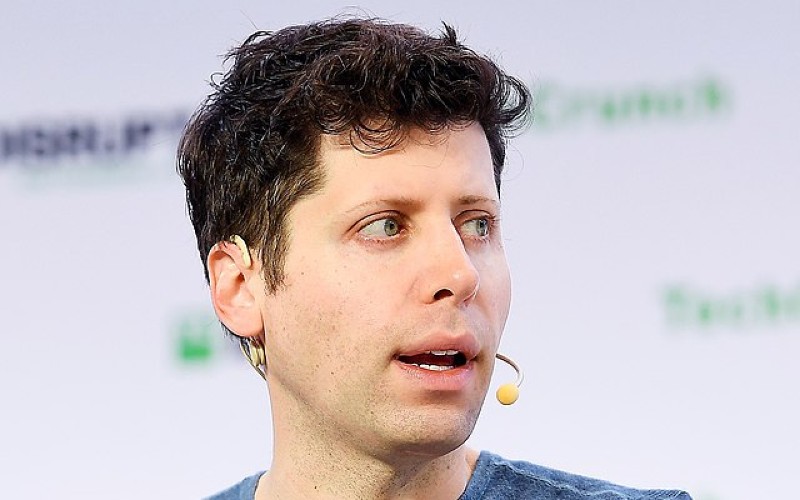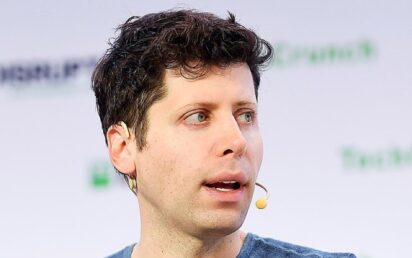OpenAI has announced a reversal in its ongoing corporate restructuring, reaffirming that its non-profit board will retain control over the for-profit arm responsible for developing ChatGPT and other AI technologies.
The decision marks a significant change from earlier plans that would have granted more power to its commercial operations.
The company was launched nearly 10 years ago by Sam Altman, Elon Musk and others as a non-profit research lab focused on creating artificial general intelligence to benefit humanity.
Since then, OpenAI has grown rapidly, with ChatGPT now reaching 400m weekly users and the company valued at around $300bn, according to investor Andreessen Horowitz.
OpenAI’s shift toward a new structure ran into trouble, most notably a lawsuit from Musk.
He claims the company broke its original promises, which convinced him to support it in the first place, whilst OpenAI claims Musk is embittered by a rival’s success after the tech tycoon launched his own AI company, xAI, and bought social media platform X (formerly Twitter).
In a letter to employees, Altman wrote: “OpenAI is not a normal company and never will be.
“Our mission is to ensure that artificial general intelligence benefits all of humanity.
“When we started OpenAI, we did not have a detailed sense for how we were going to accomplish our mission. We started out staring at each other around a kitchen table, wondering what research we should do. Back then, we did not contemplate products, a business model.
“We could not contemplate the direct benefits of AI being used for medical advice, learning, productivity, and much more, or the needs for hundreds of billions of dollars of compute to train models and serve users.
“We did not really know how AGI was going to get built, or used. A lot of people could imagine an oracle that could tell scientists and presidents what to do, and although it could be incredibly dangerous, maybe those few people could be trusted with it.
“A lot of people around OpenAI in the early days thought AI should only be in the hands of a few trusted people who could ‘handle it’.
“We now see a way for AGI to directly empower everyone as the most capable tool in human history. If we can do this, we believe people will build incredible things for each other and continue to drive society and quality of life forward. It will of course not be all used for good, but we trust humanity and think the good will outweigh the bad by orders of magnitude.
“We are committed to this path of democratic AI. We want to put incredible tools in the hands of everyone. We are amazed and delighted by what they are creating with our tools, and how much they want to use them. We want to open source very capable models.
“We want to give our users a great deal of freedom in how we let them use our tools within broad boundaries, even if we don’t always share the same moral framework, and to let our users make decisions about the behavior of ChatGPT.
“We believe this is the best path forward—AGI should enable all of humanity to benefit each other. We realize some people have very different opinions.”
The news comes just two months after the Competitions and Marketing Authority decided not to launch an investigation into whether Microsoft is exerting too much influence at OpenAI.
Altman responded to this by posting on X with the line: “No thank you but we will buy twitter for $9.74 billion if you want.”


